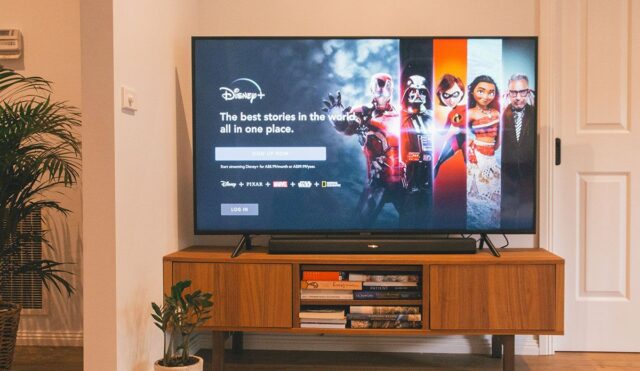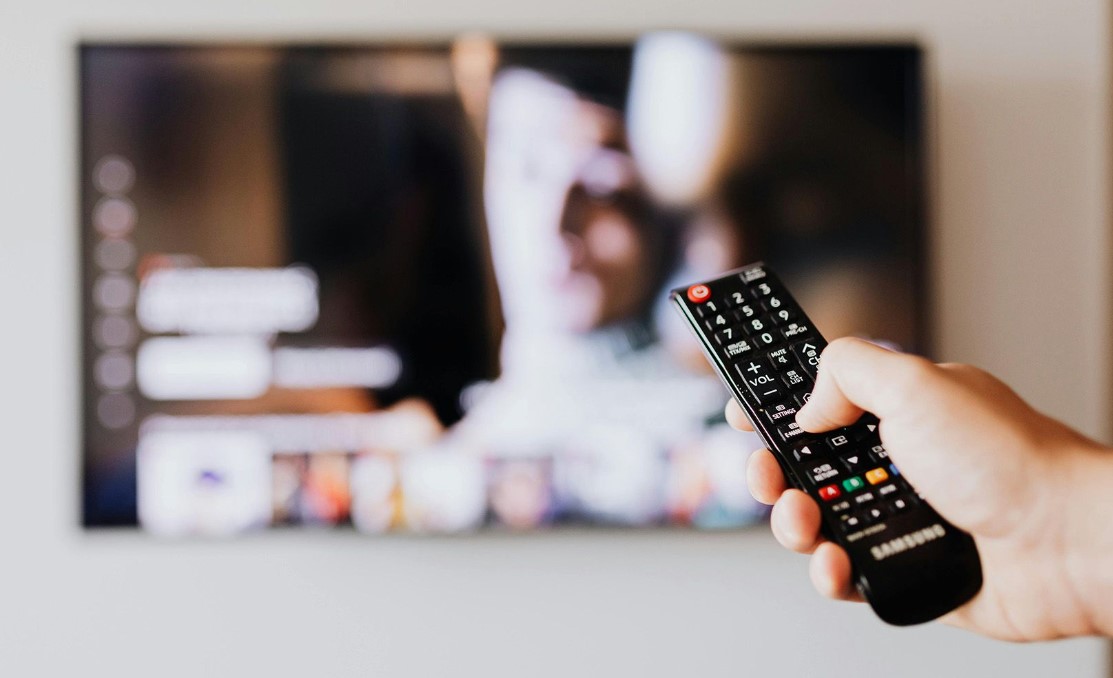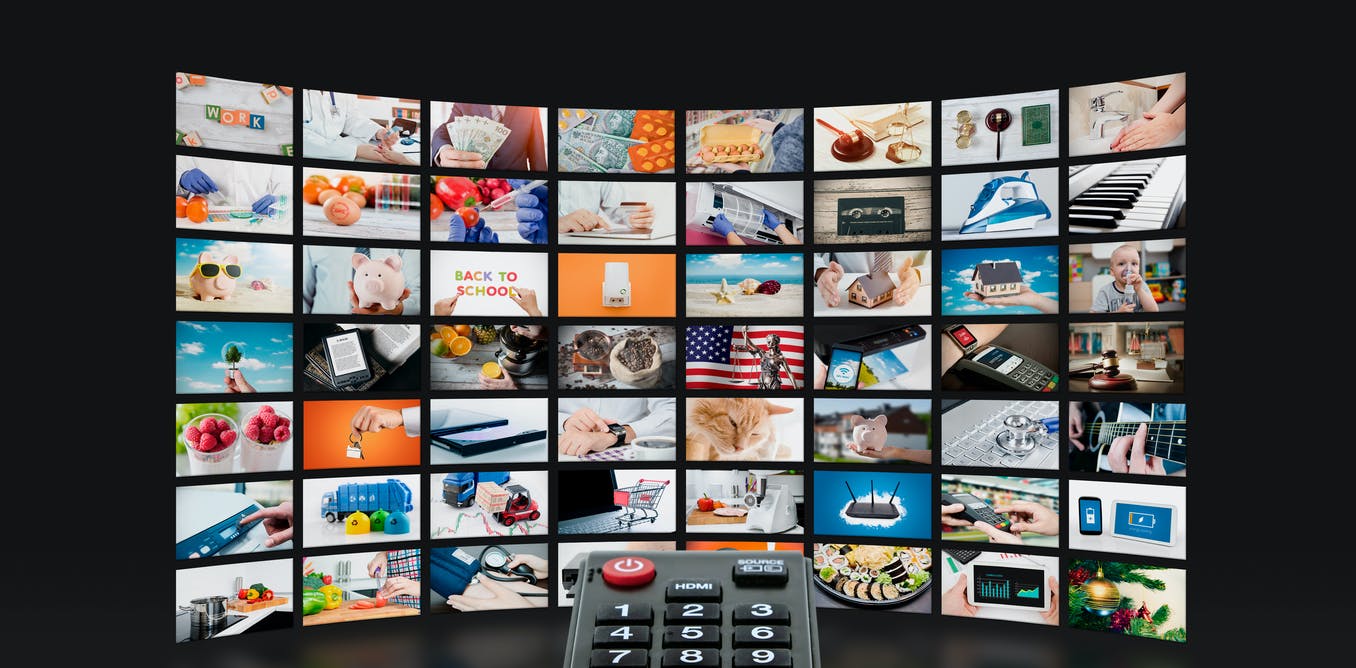
In the ever-evolving landscape of television viewing, the debate between IPTV (Internet Protocol Television) and traditional cable TV has sparked significant consumer interest. As technology advances, you need to understand the difference between IPTV and traditional TV and how it may impact your entertainment choices.
IPTV utilizes high-speed internet connections to stream a vast array of content directly to your devices, offering unique IPTV benefits such as flexibility and on-demand viewing options. In contrast, traditional TV relies on established cable networks, presenting its own set of drawbacks.
Key Takeaways
- IPTV leverages internet connectivity for streaming, while traditional TV relies on cable networks.
- Understanding the difference between IPTV and traditional TV can help you make informed entertainment choices.
- IPTV offers flexibility and on-demand content options that traditional TV often lacks.
- Cost comparisons reveal potential savings with IPTV over traditional cable services.
- Exploring content variety and interactive features highlights the advantages of IPTV.
- Evaluating the quality of experience is crucial in determining the best option for your viewing habits.
Understanding IPTV and Traditional TV
As you explore the world of television, understanding the distinctions between IPTV technology and traditional cable TV becomes essential. With advancements in technology, viewing habits have evolved, creating a shift in how content is delivered and consumed. Below, we delve into the specifics of IPTV and traditional cable TV.
What is IPTV?
IPTV, or Internet Protocol Television, represents a significant change in how you access and enjoy media content. Unlike traditional television, which relies on coaxial cables to transmit signals, IPTV technology uses your internet connection to stream audio and video content directly to your device.
This method presents several IPTV advantages, such as on-demand viewing, allowing you to choose programs as per your preference without adhering to a fixed schedule. Its versatile IPTV features often come in bundled packages supplied by Internet Service Providers, ensuring a reliable delivery of content.
What is Traditional Cable TV?
Traditional cable TV depends on a complex network of physical cables that deliver programming to your home. With this delivery method, you rely on a set-top box or a compatible television to decode and access a predetermined selection of channels.
| Aspect | IPTV Technology | Traditional Cable TV |
| Delivery Method | Streams via Internet | Uses Physical Cables |
| Viewing Flexibility | On-Demand Options | Fixed Programming Schedule |
| Installation Cost | Generally Lower | Typically Higher |
| Contract Requirements | Often No Contracts | Mandatory Contracts Common |
Key Differences Between IPTV and Traditional TV

Delivery Method
One of the most critical aspects of IPTV vs. Traditional TV is the delivery method. IPTV utilizes a broadband internet connection to stream content directly to devices, offering straightforward access to channels from anywhere. With this technology, you can enjoy your shows on smartphones, tablets, or smart TVs.
Flexibility and Accessibility
IPTV advantages extend to flexibility and accessibility, making it a strong competitor in the Traditional TV comparison. You have the freedom to select channels and watch content on demand, which means you can enjoy your favorite shows at your convenience. No longer are you tied to specific broadcast schedules. Traditional cable, on the other hand, often restricts viewing options and makes it challenging to watch shows outside of predetermined time slots, presenting clear Traditional TV drawbacks. The modern viewer enjoys the ability to watch content anytime, on the go, which is inherently more possible with IPTV.
Cost Comparison
When examining the financial implications, the cost comparison reveals that IPTV services typically cost less than traditional cable TV. This affordability often stems from the elimination of expensive hardware, such as set-top boxes and installation fees, which can significantly inflate traditional TV setups.
IPTV vs. Traditional TV ─ What’s the Difference and Why It Matters

When it comes to choosing between IPTV and traditional TV, several factors play a role in determining your experience. Understanding the differences in content variety, interactive features, and overall quality of experience can help you make an informed decision.
Content Variety and Customization
One of the notable IPTV features is the extensive range of content options available to subscribers. With IPTV, you can select customized channel packages, granting access to local, regional, and international programming that suits your preferences. This level of personalization enhances the viewing experience, allowing you to enjoy niche channels and specialty programming not typically found in traditional cable packages.
Interactive Features and On-Demand Capabilities
IPTV technology shines through its interactive capabilities. Many services offer advanced features like time-shifted viewing, interactive guides, and the ability to access content on multiple devices. You can pause live TV, record shows, and enjoy both live and on-demand offerings without the limitations that traditional cable often imposes. This flexibility showcases significant IPTV advantages, catering to diverse viewing habits and lifestyles. For more in-depth information about IPTV technology and options, you can see more here.
Quality of Experience
In terms of overall quality of experience, IPTV generally delivers superior audio and video clarity, especially when utilizing higher internet speeds. Many IPTV platforms cater to high-definition (HD) and even 4K content, significantly enhancing your entertainment experience.
FAQ

What are the main differences between IPTV and traditional cable TV?
The primary differences lie in content delivery methods, flexibility, and affordability. IPTV streams shows through a broadband internet connection, offering on-demand features and greater flexibility, while traditional cable uses a fixed cable network, often requiring set schedules and higher costs.
What are the benefits of choosing IPTV over traditional TV?
IPTV offers various benefits, including customizable channel packages, on-demand access to content, affordability, and the ability to watch across multiple devices. This technology enhances your viewing experience and often includes features like time-shifted viewing and high-definition content.
Is IPTV more cost-effective than traditional cable TV?
Yes, IPTV services are generally more cost-effective. They typically avoid high equipment installation fees and offer flexible subscription packages catering to different budgets. Traditional cable often incurs higher monthly fees and additional costs related to set-top boxes and contracts.
Can I watch IPTV on different devices?
Absolutely! IPTV can be accessed on various internet-connected devices, including smartphones, laptops, tablets, and smart TVs. This flexibility allows you to watch your favorite shows anytime and anywhere, depending on your internet connection.
What technology does IPTV use?
IPTV technology uses internet connectivity to stream audio and video content digitally. This means it relies on a broadband connection to deliver programming, differentiating it from traditional cable that utilizes coaxial cables to transmit signals.
How does the viewing quality of IPTV compare to traditional cable?
IPTV generally provides superior audio and video clarity, especially at higher internet speeds, and often supports high-definition (HD) and 4K content. Traditional cable may experience quality issues during severe weather or network outages, while IPTV is becoming increasingly reliable with advancing streaming technology.










